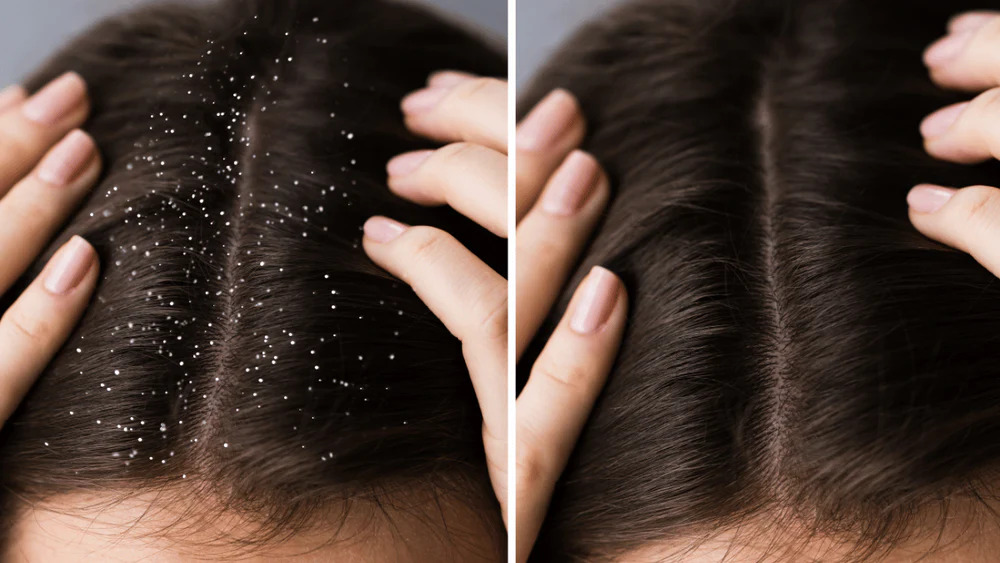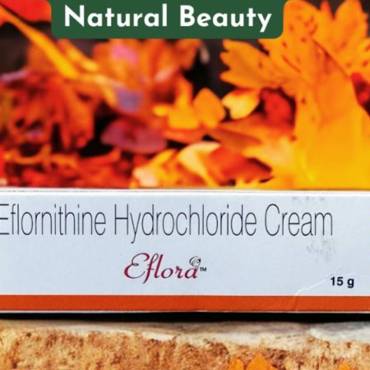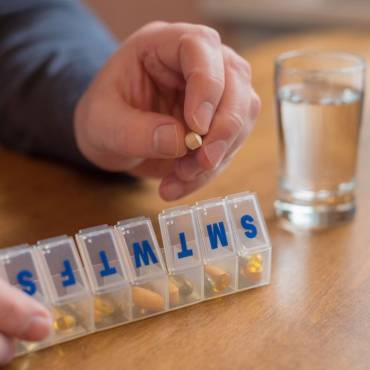Most of us probably see dandruff and dry, itchy scalps with the same view as they look and feel almost the same. But, there are some basic differences between both problems. It is best to understand the nitty-gritty of both conditions to treat them effectively.
Dandruff Vs dry scalp
The word ‘Dandruff’ is enough to provoke embarrassment. Ask those who are struggling with it. Sometimes, we associate dandruff with itching and white flakes developing on the scalp, but it’s not so. Dandruff causes white flakes in hair due to fungal or other scalp infections. On the other hand, a dry scalp occurs when the scalp cannot produce or hold enough moisture. Understanding the difference between dandruff and a dry scalp can help you choose the right treatment. For most people, it is tough to differentiate between white dandruff and dry scalp, and it is possible to have both conditions develop simultaneously. In general, small flakes in the hair are more likely to be dandruff if the scalp feels oily, there is intense scalp itching even in the absence of dryness, or the hair looks greasy.
Dry scalp causes
The loss of moisture in the skin is the main cause of a dry, itchy scalp. In other words, dehydrated sebaceous glands increase the possibility of loose, white, and powdery dry white flakes on the scalp. In addition, some other causes, like applying strong chemical soap, cold weather, hard water bath, coercive detergents, and dust, can also encourage small flakes in hair. The lower water level in the body is another key factor in causing a skin condition like psoriasis. Like dry skin, this can cause itching, irritation, and flaking. It can also cause the hair to look dry since oil produced on the scalp helps moisturize it. People with dry skin problems are likelier to get a dry scalp. This means many things that contribute to drug skin can also cause dry scalp, including dry hair, excessive washing, and certain skin conditions (eczema, psoriasis).
Moreover, avoiding natural oils like coconut, jojoba, castor, and olive oil is not a good idea. Take an ideal amount of oil that discourages the development of white scalps. Oiling is considered the best dry scalp treatment, but don’t undermine the importance of your mental and physical condition, and it’s necessary to live a healthy life to take care of the health of hair follicles.
Causes of dandruff
Like the rest of the skin, hair scalp also sheds dead skin cells. Dandruff happens when this process speeds up. White dandruff flakes are dead skin cells. It is still not understood what causes dandruff. Potential causes include fungal infection of the scalp, oils secreted by the scalp, and sensitivity to hair products. You may feel uncomfortable due to itching and irritation as an obvious symptoms of the presence of dandruff. Sometimes the hair product sensitivity becomes a cause of dandruff. You must be careful about bad hygiene and chemical-laden shampoos that may cause small white dandruff. Too much application of chemicals can weaken hair follicles and damage hair too.
Selecting natural and effective hair wash products can cure dry scalp causes and keep the follicles healthy. You should avoid scratching your dandruff scalp, but if you can’t hold or resist yourself without scratching, do it with light fingers and be careful not to create wounds in the scalp because it can allow bacteria and fungus to enter the bloodstream that may cause infection and more irritation. Signs and symptoms of itching and white flakes in hair are easily visible.
Treatment of dandruff and dry scalp
There are several home treatments to treat dandruff and dry, itchy scalp. Some of these common dandruff treatments methods are discussed here:
-
Regular Shampooing
A good selection and regular shampoo application are very important to eliminate dandruff. Shampoo with active ingredients like salicylic or coal tar and B vitamins is largely recommended to alleviate symptoms of a flaky scalp. You can also try shampoos with a little tree oil to enhance its effectiveness. Adding a few drops of tree oil to the shampoo is also a good option.
-
Lemon Juice
Lemon is one of the most effective natural products that can scratch dandruff to the hilt. Take just two spoons of lemon juice and mix a little water before applying it to the scalp. Regularly apply this juice on your dandruff and dry, flaky scalp until they completely disappear. It’s lemon’s acidity that helps to maintain the pH-amount of the hair scalp while alleviating dandruff.
-
Vinegar
Vinegar can potentially treat itchy, dry skin, and it helps you kill dandruff-causing fungus and bacteria. It has a good amount of acidic content that can significantly reduce flaking. You can use a mixture of vinegar and water to alleviate dandruff.
-
Aloe Vera
The green plant has several properties that can help with dry scalp. The plant’s anti-inflammatory properties greatly reduce skin irritation and effectively moisturize the skin. Apply the gel on your scalp and let it dry for ten minutes before washing it with water.
-
Baking Soda
Baking soda can be a great pick for treating dryness and dandruff. It exfoliates and moisturizes the scalp. The antifungal properties treat itchy and flaky skin.
-
Olive Oil
The oil is known for its moisturizing properties. It deeply penetrates the skin and provides enough miniaturization to the white scalp.
-
Tea tree
Oil has antifungal, antibiotic and antiseptic properties that can help relieve dry scalp and its symptoms. This is why many dandruff solutions have been found to have tea tree oil in them.
-
Coconut oil
Coconut has long been used for numerous skin health benefits. Regarding dry scalp, coconut oil moisturizes the itchy scalp, and its antibacterial properties help reduce the risk of infection. It is also found to be beneficial in treating atopic dermatitis.
-
Curd
Applying curd to hair roots offers deep moisturization. Apply curd on roots as you apply oil and keep it for 30 to 40 minutes. Twice a week curd application can minimize dandruff or dry, itchy scalps issues in 1 month.
Both dandruff and dry scalp are annoying conditions. With home treatments, they usually resolve. Those who cannot see improvement with home remedies should consider that the problem is more than dandruff. Only a dermatologist can help diagnose the cause of a flaky scalp.
Also Read: Tips to Take Care of Your Hair



